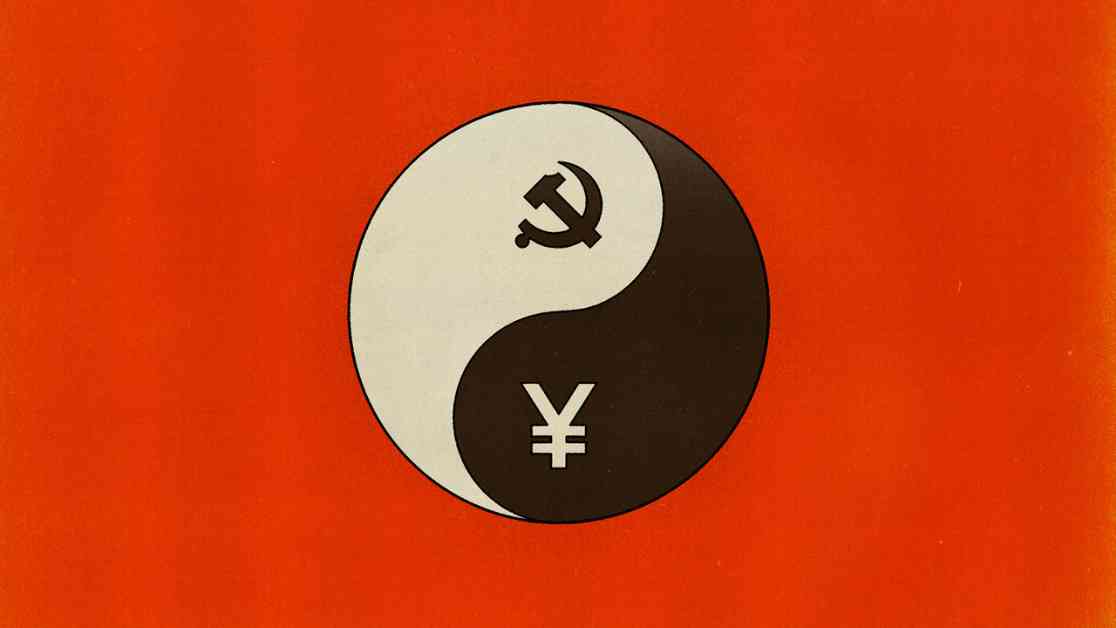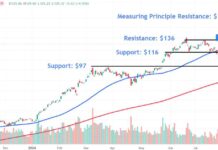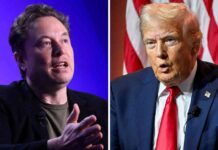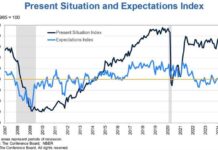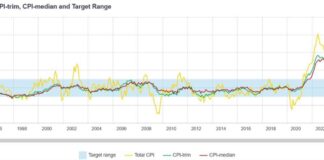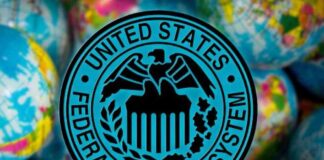Xi Jinping, China’s paramount leader, is known for his complex approach to economic policy that balances support for both the private sector and state-owned enterprises. His philosophy emphasizes self-reliance and openness, top-down design, and bottom-up experimentation, showcasing his willingness to embrace contradictory forces in pursuit of economic growth and stability.
The Private Sector: A Key Focus
Xi Jinping has demonstrated a strong commitment to the private sector, recognizing its importance in driving innovation, creating jobs, and fostering economic growth. Under his leadership, China has seen significant reforms aimed at supporting private businesses, including tax cuts, reduced bureaucratic red tape, and increased access to financing. This support for the private sector reflects Xi’s belief in the power of entrepreneurship and market forces to drive economic development.
One example of Xi’s commitment to the private sector is the establishment of the Shanghai Free Trade Zone in 2013. This pilot program aimed to create a more business-friendly environment for both domestic and foreign companies, with a focus on promoting innovation and investment. The success of the Shanghai Free Trade Zone has led to the expansion of similar zones in other parts of China, further demonstrating Xi’s support for private enterprise.
State-Owned Enterprises: Maintaining Stability
While Xi Jinping is a strong advocate for the private sector, he also recognizes the importance of state-owned enterprises (SOEs) in China’s economy. SOEs play a significant role in key industries such as energy, telecommunications, and finance, and are seen as instrumental in promoting national security and economic stability. Xi’s commitment to SOEs reflects his belief in the need for a balanced approach to economic development that leverages both public and private resources.
Under Xi’s leadership, SOEs have undergone significant reforms aimed at increasing efficiency, reducing corruption, and improving competitiveness. These reforms have included measures to increase transparency, strengthen corporate governance, and promote innovation within SOEs. By modernizing and streamlining SOEs, Xi aims to ensure that they remain competitive in an increasingly globalized economy.
Championing Innovation: Balancing Tradition and Technology
Xi Jinping’s vision for China’s economic development includes a focus on cultivating “new productive forces” through the promotion of cutting-edge technologies. This emphasis on innovation reflects Xi’s belief in the importance of staying at the forefront of technological advancements to drive economic growth and competitiveness. At the same time, Xi is careful not to neglect traditional industries, recognizing their continued importance in China’s economy.
One example of Xi’s commitment to innovation is the Made in China 2025 initiative, which aims to transform China into a global leader in advanced manufacturing and technology. This initiative includes investments in areas such as robotics, artificial intelligence, and renewable energy, with the goal of reducing China’s dependence on foreign technology and increasing its competitiveness in key industries. By championing innovation, Xi seeks to position China as a leader in the global economy.
In conclusion, Xi Jinping’s approach to economic policy reflects a nuanced understanding of the complexities of China’s economy and the need to balance competing interests. His commitment to both the private sector and state-owned enterprises, as well as his focus on innovation and technology, demonstrates his willingness to embrace contradictory forces in pursuit of economic growth and stability. As China continues to navigate the challenges of a rapidly changing global economy, Xi’s leadership will be crucial in shaping the country’s economic future.
